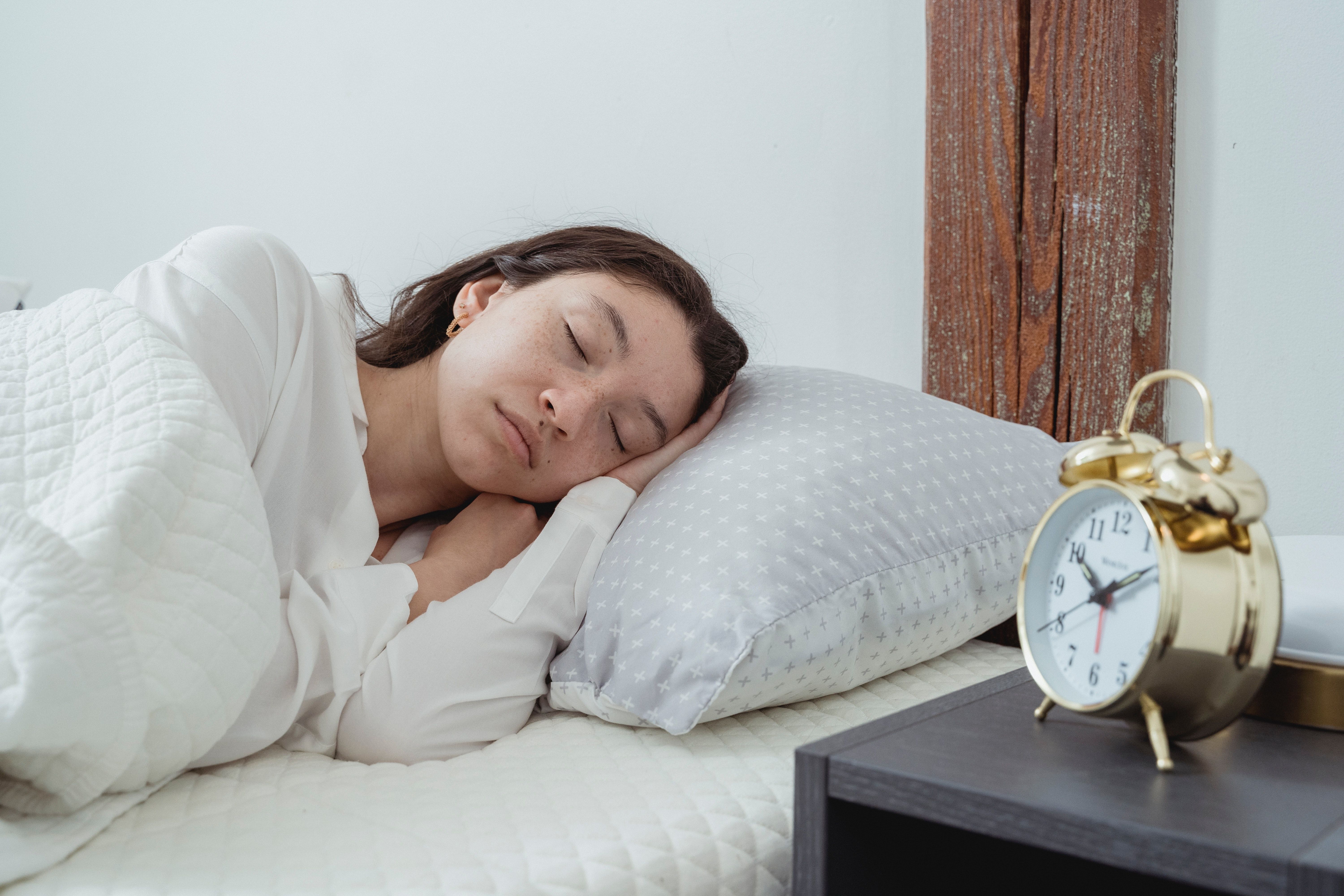Electroacupuncture Helps Reduce Insomnia in Depression Patients
The efficacy of treating insomnia sustained throughout the 24-week postintervention follow-up period for the electroacupuncture treatment group.

Electroacupuncture can help reduce the symptoms of insomnia and improve sleep quality in patients with depression.
A team, led by Xuan Yin, MD, Shanghai Municipal Hospital of Traditional Chinese Medicine, Shanghai University of Traditional Chinese Medicine, assessed the efficacy and safety of electroacupuncture as an alternative therapy for improving sleep quality and the mental state of patients with insomnia and depression.
Electroacupuncture
Electroacupuncture is often used for depression and sleep disorders in clinical practice. However, the efficacy of this treatment with comorbid insomnia and depression is not entirely clear.
In the 32-week patient- and assessor-blinded, randomized, sham-controlled clinical trial, the investigators examined patients during an 8-week intervention period and a 24-week observational follow-up period between September 1, 2016 and July 30, 2019 at 3 tertiary hospitals in Shanghai.
Each patient was randomized to receive either electroacupuncture therapy and standard care, sham acupuncture treatment and standard care, or standard care only as a control group. The patients were between 18-70 years, had insomnia, and met the criteria for depression based on the Diagnostic Statistical Manual of Mental Disorders (Fifth Edition).
Each group of patients was guided by psychiatrists, while patients in the electroacupuncture and sham-acupuncture groups received real or sham acupuncture treatment 3 times per week for a total of 8 weeks.
There were 270 total patients included in the study, 71.9% (n = 194) of which were women. The mean age was 50.3 years in the intention-to-treat analysis. Of this group, 91.5% (n = 247) completed all outcome measurements at week 32, while 8.5% (n = 23) dropped out of the trial.
Outcomes
The investigators sought a primary outcome of the change in Pittsburgh Sleep Quality Index (PSQI) from baseline to week 8. They also sought secondary outcomes including PSQI at 12, 20, and 32 weeks of follow-up, sleep parameters recorded in actigraphy, Insomnia Severity Index, 17-iyem Hamilton Depression Rating Scale score, and Self-rating Anxiety Scale score.
Sleep and Depression Scores
The investigators found a mean difference in PSQI from baseline to week 8 in the electroacupuncture group was -6.2 (95% CI, -6.9 to -5.6), while the difference in the PSQI at week 8 was −3.6 (95% CI, −4.4 to −2.8; P < .001) between the electroacupuncture and sham-acupuncture groups and −5.1 (95% CI, −6.0 to −4.2; P < .001) between the electroacupuncture and control groups.
The efficacy of treating insomnia sustained throughout the 24-week post-intervention follow-up period for the electroacupuncture treatment. In addition, patients experience significant improvements in the 17-item Hamilton Depression Rating Scale (−10.7; 95% CI, −11.8 to −9.7), Insomnia Severity Index (−7.6; 95% CI, −8.5 to −6.7), and Self-rating Anxiety Scale (−2.9; 95% CI, −4.1 to −1.7) scores, as well as the total sleep time recorded in the actigraphy (29.1; 95% CI, 21.5-36.7 minutes) at week 8 in the electroacupuncture group (P <.001 for all).
There were no between-group differences found in the frequency of sleep awakenings and there were no serious adverse events reported.
“In this randomized clinical trial of [electroacupuncture] treatment for insomnia in patients with depression, quality of sleep improved significantly in the [electroacupuncture] group compared with the [sham-acupuncture] or control group at week 8 and was sustained at week 32,” the authors wrote.
The study, “Effect of Electroacupuncture on Insomnia in Patients With Depression,” was published online in JAMA Network Open.